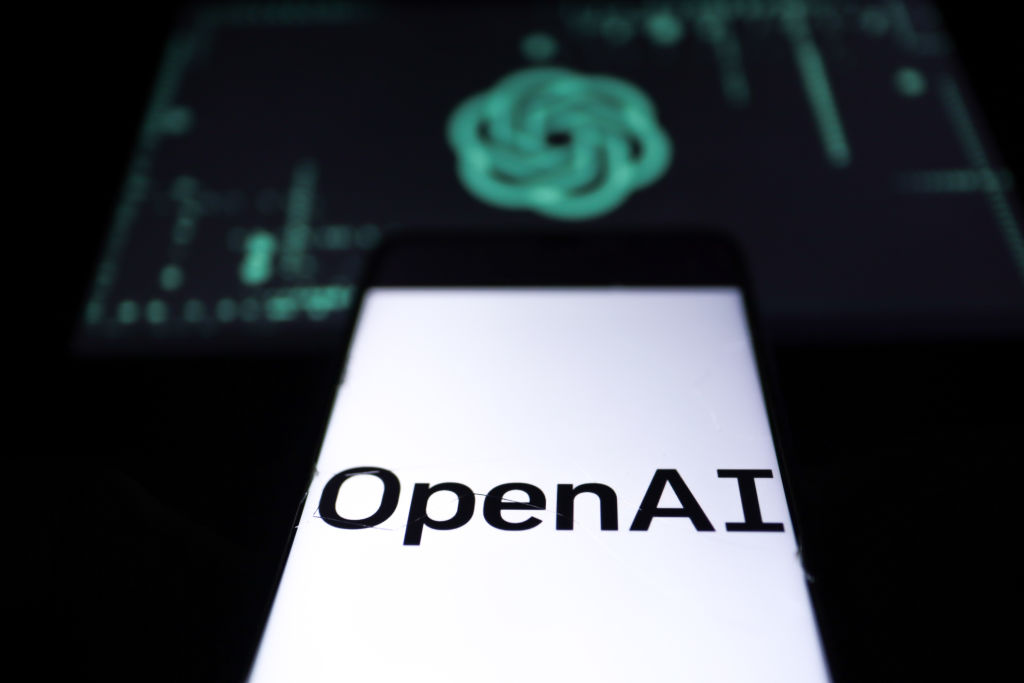In his research, Dr. Gabor Maté argues that while biology used to be the main cause of illness in humans, today it is often stress that impacts mental and physical health. This idea has gained traction in 2023 and prompts reflection on the introduction of generative AI into daily life in 2024. With half of British teens reporting addiction to social media and the U.S. surgeon general warning about its health risks, the integration of AI into social media platforms may threaten our overall well-being and hygiene practices aimed at maintaining health and preventing disease.
While Dr. Maté focuses on the interplay between human minds and bodies, AI technology deals with statistical dynamics of the mind. This contrast sheds light on the stress load that AI could contribute to our lives and how it may become the new “normal.” With AI companies raising significant funds in 2023, the pressure to recoup these investments will only add to the stress levels in society. Additionally, as 49% of the global population prepares to vote in 2024, the use of generative AI in persuasive technology and democracy raises concerns about potential manipulation and further stress on individuals.
In considering the history of medicine, Dr. Maté, along with other observers like Tricia Hersey and Ivan Illich, highlight the concept of iatrogenesis. This term describes the dilemma of inadvertently worsening a problem while trying to solve it, as seen in certain medical treatments that can make patients sicker. Illich famously argued in 1974 that the medical establishment itself has become a threat to health. Similarly, research shows that AI can also be iatrogenic, exacerbating issues such as misogyny, racism, financial fraud, and the climate crisis.
As technophiles continue to explore human-computer interactions for profit and power, it is important to consider the broader implications of AI on our well-being. The increasing integration of AI into various aspects of daily life has the potential to compound existing stressors and health risks, leading to a global polycrisis. By recognizing the impact of AI on mental and physical health, individuals and society can work towards mitigating these negative effects and promoting overall well-being in an increasingly AI-driven world.









